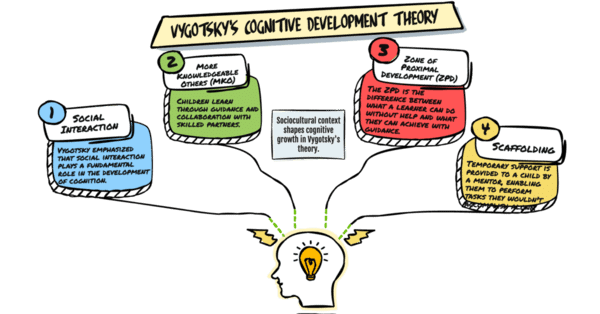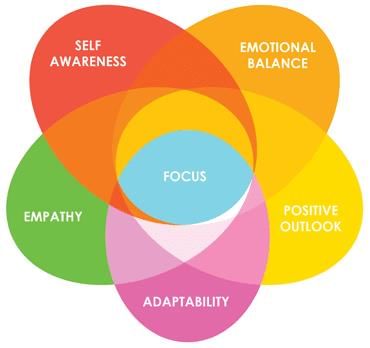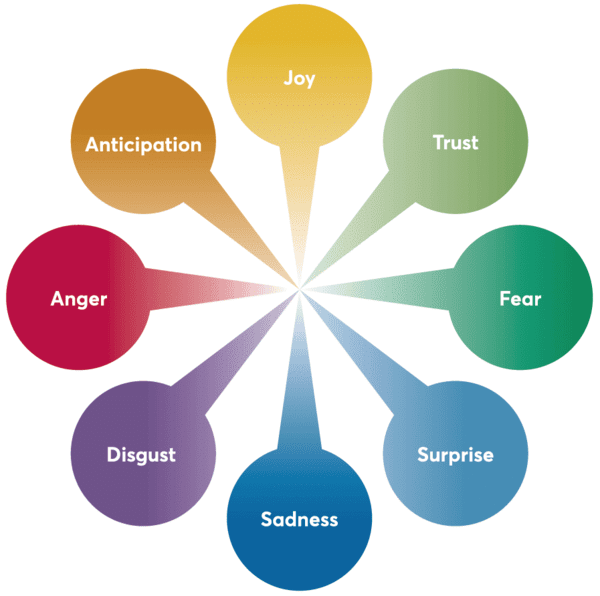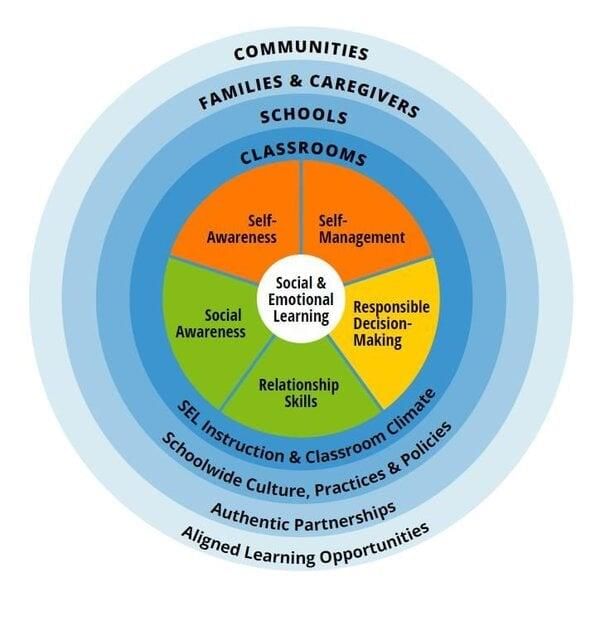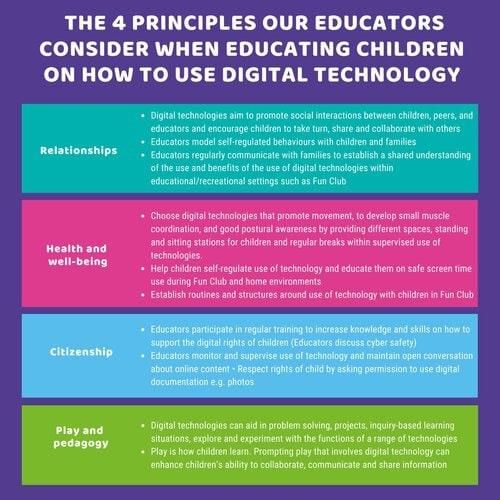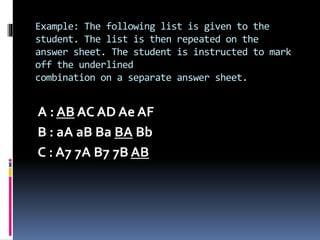|
How does Vygotsky's theory describe the relationship between culture and intelligence? |
Card: 1 / 30 |
|
Vygotsky argued that culture provides a social framework for individuals to live, learn, and interpret the world, shaping higher mental functions like problem-solving and critical thinking.
|
Card: 2 / 30 |
|
In technologically advanced societies, intelligence is often associated with ___ and ___ based on reasoning and judgement. |
Card: 3 / 30 |
|
True or False: According to the content, basic mental functions such as crying and walking are culturally specific and vary significantly across different societies. |
Card: 5 / 30 |
|
False. Basic mental functions are universal and do not vary significantly across cultures.
|
Card: 6 / 30 |
|
Fill in the blank: In technologically underdeveloped societies, ___ and ___ competencies are highly valued over reasoning and judgement. |
Card: 7 / 30 |
|
In societies with advanced technology, child-rearing practices focus on developing skills such as ___ and ___. |
Card: 9 / 30 |
|
True or False: Academic success alone is sufficient for achieving success in life. |
Card: 11 / 30 |
|
False. Academic success alone is not sufficient; emotional intelligence plays a crucial role. 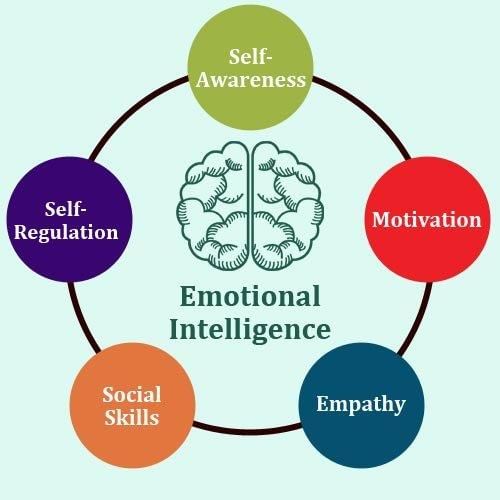 |
Card: 12 / 30 |
|
They are aware of their own feelings and emotions, and they practice being observant of other people's emotions. 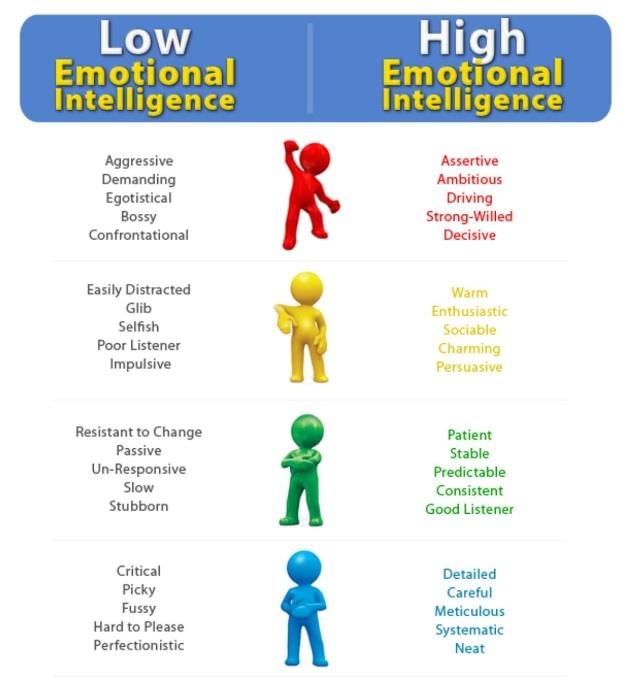 |
Card: 14 / 30 |
|
Fill in the blank: High EQ individuals recognize the characteristics and strength of emotions and appreciate their significant ___ on our lives. |
Card: 15 / 30 |
 Unlock all Flashcards with EduRev Infinity Plan Starting from @ ₹99 only
|
|
How does emotional intelligence contribute to effective problem-solving and decision-making? |
Card: 17 / 30 |
|
Emotional intelligence allows individuals to incorporate both emotions and thoughts when approaching problem-solving and decision-making. |
Card: 18 / 30 |
|
Aptitude refers to an individual's potential to perform activities based on their mental capacity, while interest refers to the preference for engaging in specific activities. |
Card: 20 / 30 |
|
True or False: The Differential Aptitude Test (DAT) includes subtests for verbal and numerical skills. |
Card: 21 / 30 |
|
To assess a person's abilities in a specific area, such as mechanical, clerical, or numerical skills. |
Card: 24 / 30 |
|
Fill in the blank: To excel in a field, an individual needs to possess both ___ and ___. |
Card: 25 / 30 |
|
Verbal, numerical, abstract, clerical speed and accuracy, mechanical, space, spelling, and language tests. 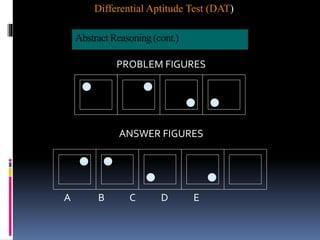 |
Card: 28 / 30 |
|
They perceive and are sensitive to their own feelings and the emotions of others, relate emotions to thoughts in decision-making, understand the influence of emotions, and can control and regulate their emotions for harmony. |
Card: 30 / 30 |





